South Australia’s plastic bag ban: Review of the controversial policy 10 years on
South Australians could be forgiven for looking down on those who succumbed to “bag rage” at supermarkets across Victoria and NSW last year — but in the decade since our own ban was introduced, what have we achieved? The answer isn’t as clear cut as it seems.

SA News
Don't miss out on the headlines from SA News. Followed categories will be added to My News.
- Minister’s push to ban single-use plastics
- China’s waste ban causes mass disruption
- Woolworths plastic bag ban: Does it work? We look at SA
- Coles, Woolworths making massive profits on plastic bags
High and mighty South Aussie shoppers could be forgiven for looking down on their counterparts interstate who succumbed to “bag rage” at supermarket checkouts across Victoria and New South Wales in 2018.
When Woolworths and Coles tried to encourage shoppers to bring their own bags, or buy reusable bags at 15 cents each, some customers were so angry they stole shopping baskets or trolleys and abused staff.
The media frenzy forced Coles to do a double backflip, first giving in to public pressure and offering heavy-duty plastic bags for free indefinitely instead, then doubling down on the original intention with an extension, to give people more time to adjust.
Many commentators were quick to point out the move to reuse and recycle plastic bags coincided with a hugely popular plastic-wrapped plastic toy giveaway, Coles Little Shop Mini Collectables, which gave confusing and conflicting messages.
Having the lightweight plastic bag ban imposed by the two major supermarket chains, rather than state government, also made people suspicious that profit was the prime motivation, rather than saving the environment.
But they were only bringing the lagging eastern states into line with the rest of the country.
South Australia led the nation as the first state to ban lightweight, checkout-style plastic bags a decade ago.
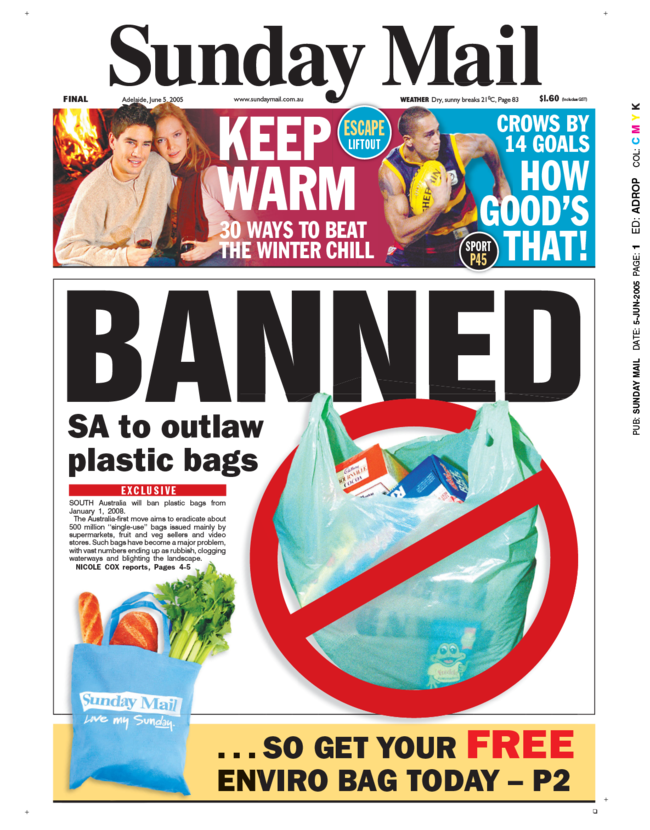
Now the governments of the Northern Territory, ACT, Tasmania, Queensland and Western Australia have their own bans.
Victoria is likely to follow sometime this year.
Our Plastic Shopping Bags (Waste Avoidance) Act 2008 took effect on January 1, 2009, although everyone had a few months to get used to the idea before the ban was officially introduced on May 4, 2009.
The Act was intended to restrict the supply of single use plastic shopping bags.
Retailers had to comply with the legislation and offer a more environmentally-friendly alternative, or risk hefty fines.
It seems there was a fairly smooth transition, especially in comparison with the chaos which has followed interstate. The EPA has issued just 88 cautions or warnings to operators using lightweight plastic bags since the ban began in 2009.
“These were issued following site inspections, some of which originated from complaints, though most were random … inspections,” a spokeswoman said.
“We don’t have figures on how many originated from complaints.”
The EPA has issued one $375 fine since 2009 to an operator that did not comply with a warning and there has been no significant “bag rage” incidents, as far as anyone can remember.
That may reflect the success of a concerted effort at the time from the union that represented thousands of retail workers.
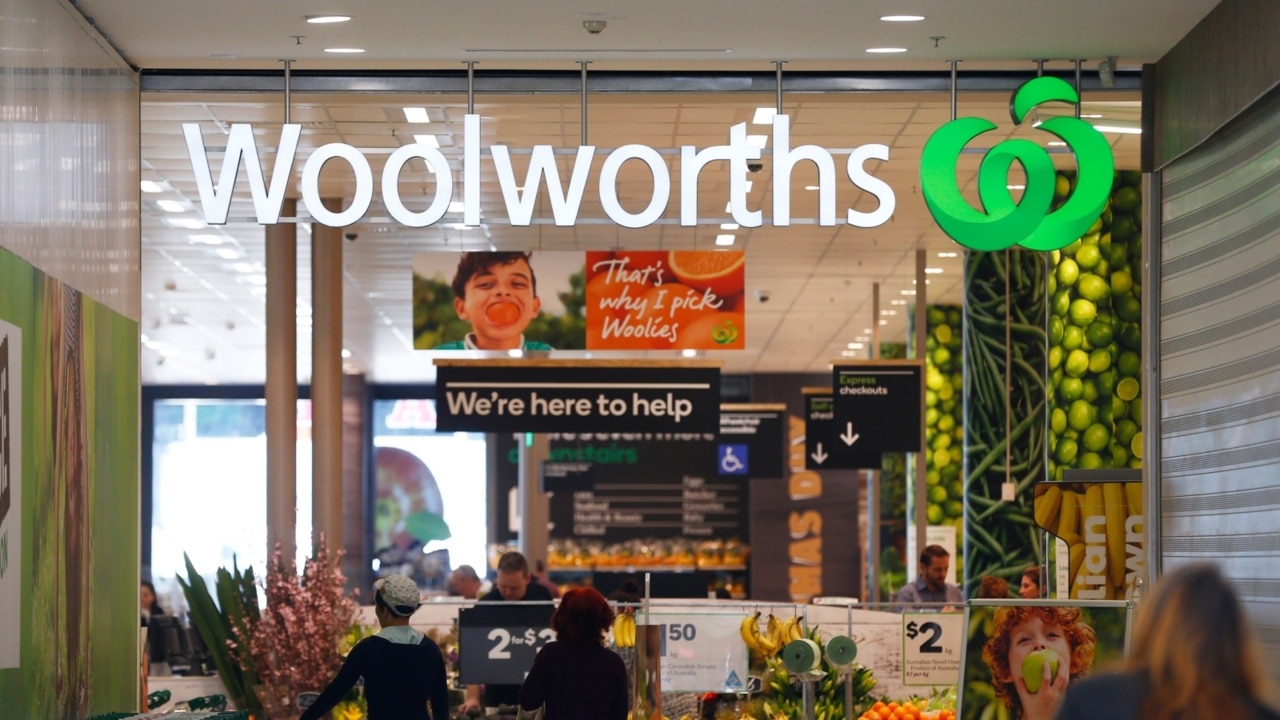
Current opposition leader Peter Malinauskas was the Shop Distributive and Allied Employees Union secretary back then and he called for customers to remain calm and be patient at supermarket checkouts.
“I want to remind customers not to take out their frustrations at the checkout because shop assistants are simply obeying the law,”' he told the media, posing for pictures wearing a “Don't Bag Me!” badge.
Eventual premier Jay Weatherill was the Environment Minister at the time and he promised to monitor the take-up of the re-usable bags offered by Coles and Woolworths for 15c each.
That offer seems to have fallen by the wayside, which makes it impossible to extract the figures direct from the supermarket chains, who now claim the information is commercial-in-confidence.
The release of this data is key to deciphering if the ban is working as it was intended — to cut down on plastic waste heading into our oceans and landfill.
Without this knowledge, those trying to review the legislation and assess the benefit of the ban have had to resort to market research and inconclusive litter surveys.
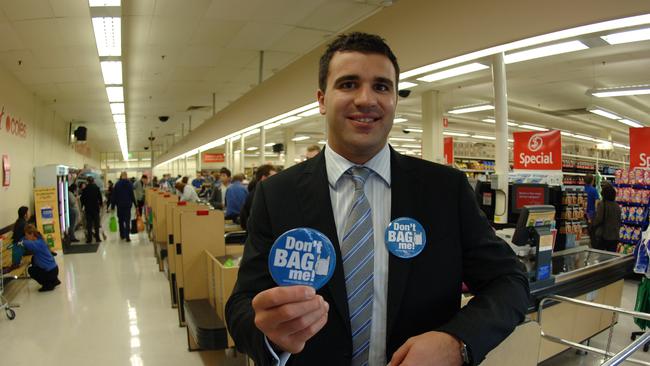
The Review of the Plastic Shopping Bags (Waste Avoidance) Act 2008 conducted at the five-year mark referred mainly to the Plastic Bag Ban Empirical Study conducted by the Ehrenberg Bass Institute for Marketing Science at the University of South Australia in July and August 2011.
That study claimed about 80 per cent of the community supported the ban, twice as many households regularly carried their own bags at any given time than before the ban and only four per cent of households claimed to never carry their own bags.
But the study was based on the observation of just 614 supermarket shoppers “across a range of retail grocery stores and geographic locations”, exit interviews with just 278 of the observed shoppers, 77 intercept interviews within a general shopping mall setting and in-depth interviews with 13 members of the Plastic Bag Phase Out Task Force.
The study also noted the purchase of bin liners by households had increased from 15 per cent to 80 per cent, causing some scepticism about the broader environmental benefit of the ban.
So, many of those who had made the switch to bringing their own bags were now buying plastic to line their bins and those who settled for paying 15c a bag at the checkout were lining their bins with heavy duty plastic.
What have we really achieved?
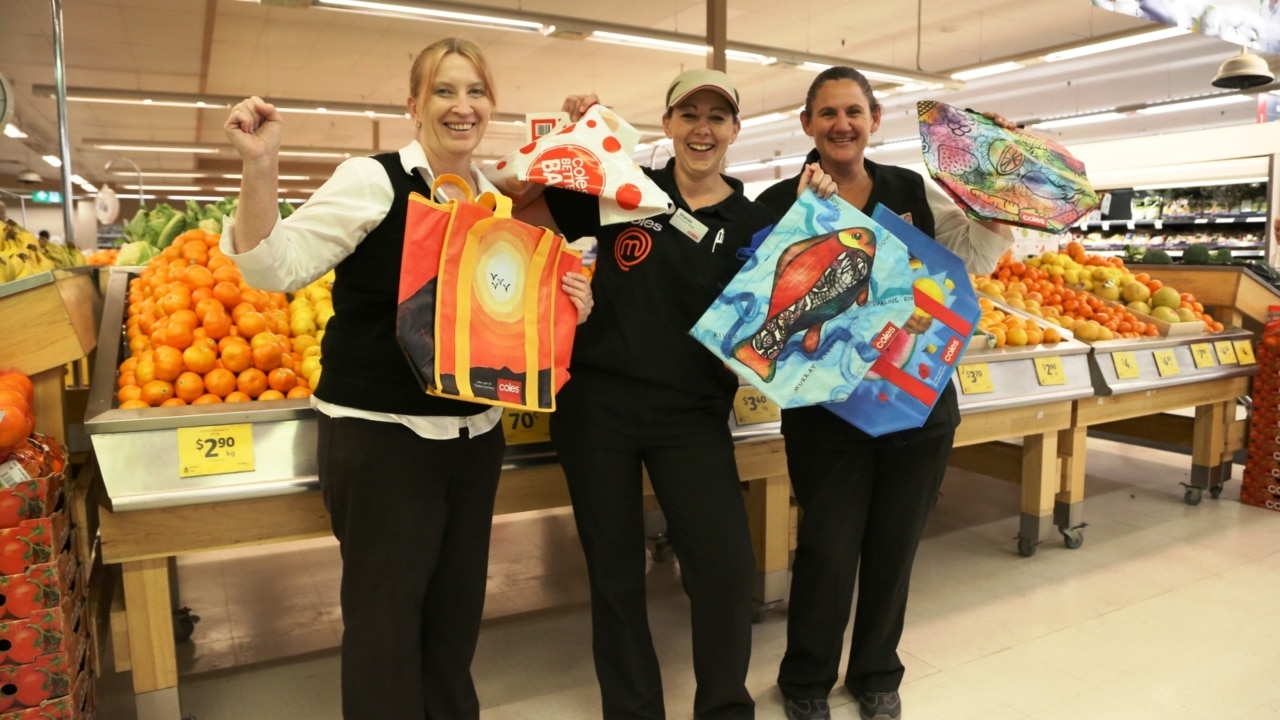
The review called for future initiatives to include a focus on changing household bin liner behaviour. It also underlined the potential to extend the ban to include some of the alternatives to lightweight single-use plastic shopping bags.
“More than half (56 per cent) of the exit interviewees were supportive of extending the ban to include heavy and thick plastic bags, which have a limited lifespan (2.8 months for thicker plastic bags and 5.2 for heavy plastic bags compared with 15.9 for green bags and 17.8 for cotton bags),” the authors stated.
“The Task Force recommended that any extension of the ban should also include further education regarding heavy plastic versus biodegradable, the lifespan of the bags and the impact these choices make on the waste stream.”
Data from the Keep Australia Beautiful yearly litter count indicated “a significant 45 per cent decrease in the percentage of lightweight single-use plastic shopping bags contributing to the litter stream in South Australia” in the first three years of the ban.
However those gains have since been lost, as the percentage of thin plastic shopping bags (less than 35 microns) counted in the KAB National Litter Index for 2017/18 is now higher than a decade ago, at 0.71 per cent.
Victoria had the lowest percentage of thin plastic shopping bags in their litter stream in 2017/18 followed by Qld, WA, NT, SA and NSW.
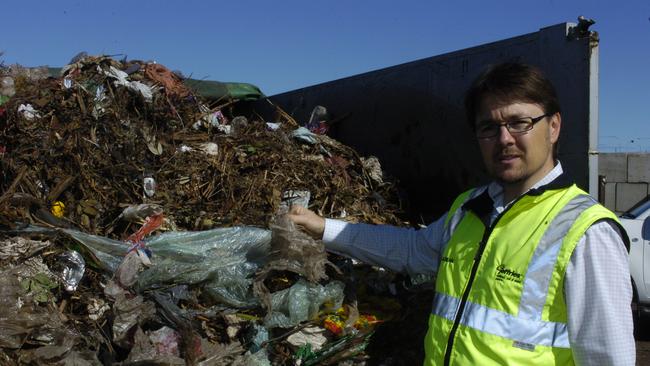
In our defence, KESAB environmental solutions executive director John Phillips says the results are skewed somewhat by the container deposit scheme, which removes most of the drink containers with deposits from the litter stream.
That means plastic makes up a greater proportion of the litter in SA, even if the amounts are not as great.
Plastic bags barely rate in our state's individual Litter Strategy Monitoring Report.
But Mr Phillips, also state branch president of the Waste Management Association of Australia, fears we have “dropped our guard”, “slipped back” and become complacent about plastic bags.
“With plastic bags we have probably fallen behind — and that’s falling behind a pretty good benchmark that we established in the first five years,” he said.
“Some of it is to do with consumer habit, where they may have had their own reusable bags and they’ve fallen back into habits of accepting that Coles and Woolies and the like provide a plastic bag and remember that bag is heavier duty bag. People now accept that as almost being the norm, they are being used in the kitchen tidies under the sink, they're going into the waste bin.”
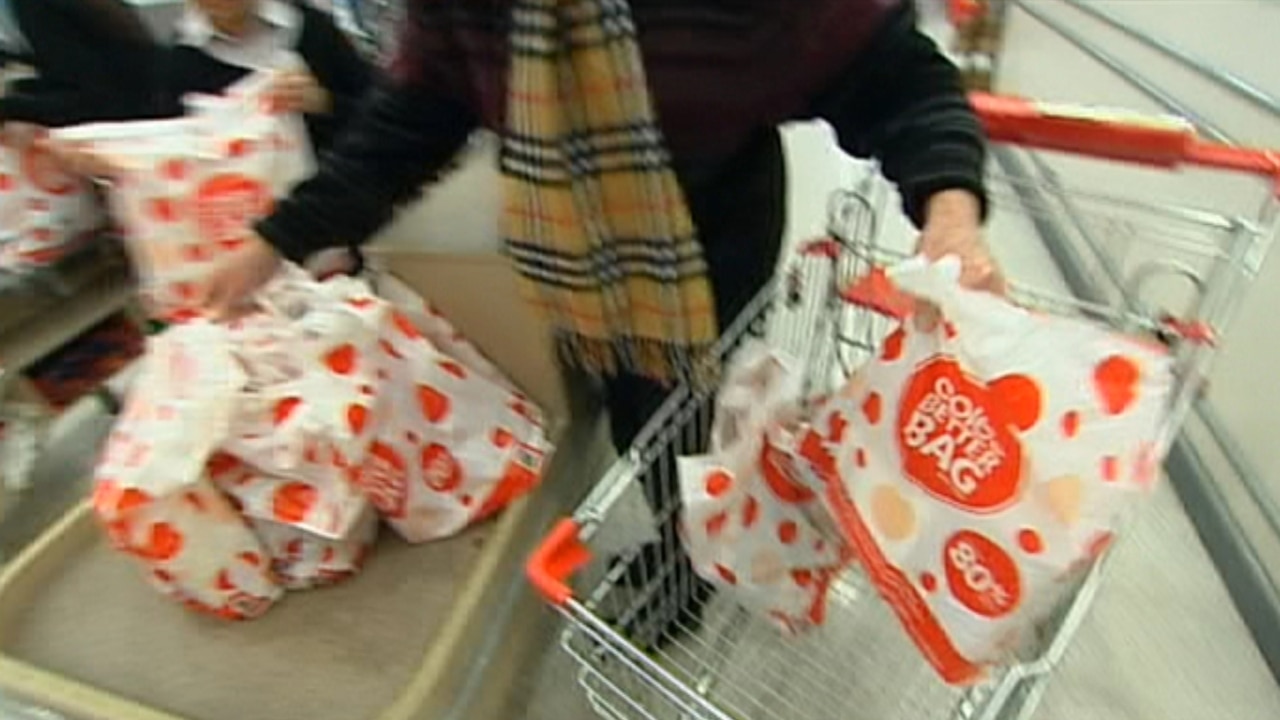
And unfortunately, all too often, the recycling bin and green organics bin, making plastic bags are public enemy number one for waste handlers and processors such as East Waste.
Mr Phillips believes it's time to take another look at the plastic bag ban and says he'll be pushing for compostable bags that can go into the green organics bin.
“Some of those habits have just started to fall back into the old ways and what we need to be doing with some degree of urgency is making sure we do keep ahead,” he said.
“So I think that will be part of the review to look at a change of behaviour, has it been sustainable, if it hasn’t been sustainable, why not? Do we need to review the legislation?”
Environment Minister David Speirs was however, happy to celebrate the success of the ban to date.
“This state has always been a leader in resource recovery with the container deposit legislation operating since the 1970s and then with the ban on lightweight single-use plastic shopping bags now some ten years ago,” said Minister Speirs.
“The way South Australians have embraced the ban on single-use plastic shopping bags is something to be proud of and shows this state has been on a journey with respect to these issues and is serious when it comes to improving our environment and reducing waste.
“Soft plastics, packaging and single-use items continue to present challenges and there is significant community sentiment to see change. While there are some ways this material can be recycled, for example soft plastics via certain supermarkets, addressing the prevalence of plastics remains a significant challenge.”
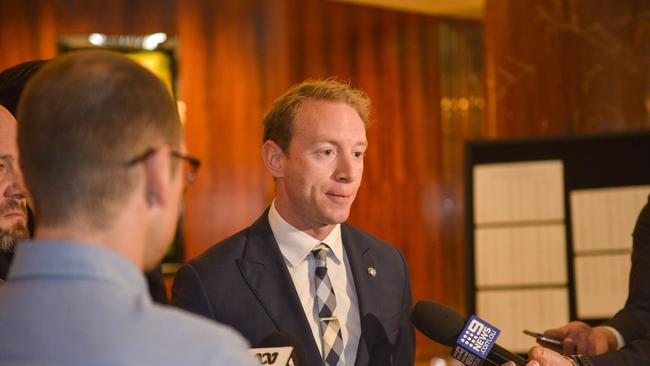
“The Marshall Liberal Government is committed to ensuring that South Australia continues to be a leader in these critical areas of waste management and we are always seeking opportunities that will drive better practical environmental outcomes.
“I am considering ways we can reduce plastic packaging and other single-use items, while taking into account potential impacts to consumers and business and ensuring appropriate disposal options are in place for alternative products.”
Woolworths is also grateful to South Australian customers and store teams for having embraced the move to a more sustainable way of shopping over the past ten years.
“The vast majority of our customers in South Australia bring their own reusable bags when they shop and this is good for local waterways, oceans and marine life,” a spokesperson said.
“Since we phased out single-use plastic bags nationally, we’ve worked hard to help customers in other states form new habits with a focus on reminders in car parks and store entrances.
“This has helped us take more than 700 million single-use plastic bags out of circulation since June 2018.”
For now, we'll have to take their word for it.
Proportion of thin plastic bags in SA litter:
2008/09 (ban introduced 2009) — 0.69%
2009/10 — 0.65%
2010/11 — 0.44%
2011/12 — 0.38%
2012/13 — 0.33%
2013/14 — 0.48%
2014/15 — 0.66%
2015/16 — 0.72%
2016/17 — 0.67%
2017/18 — 0.71%



